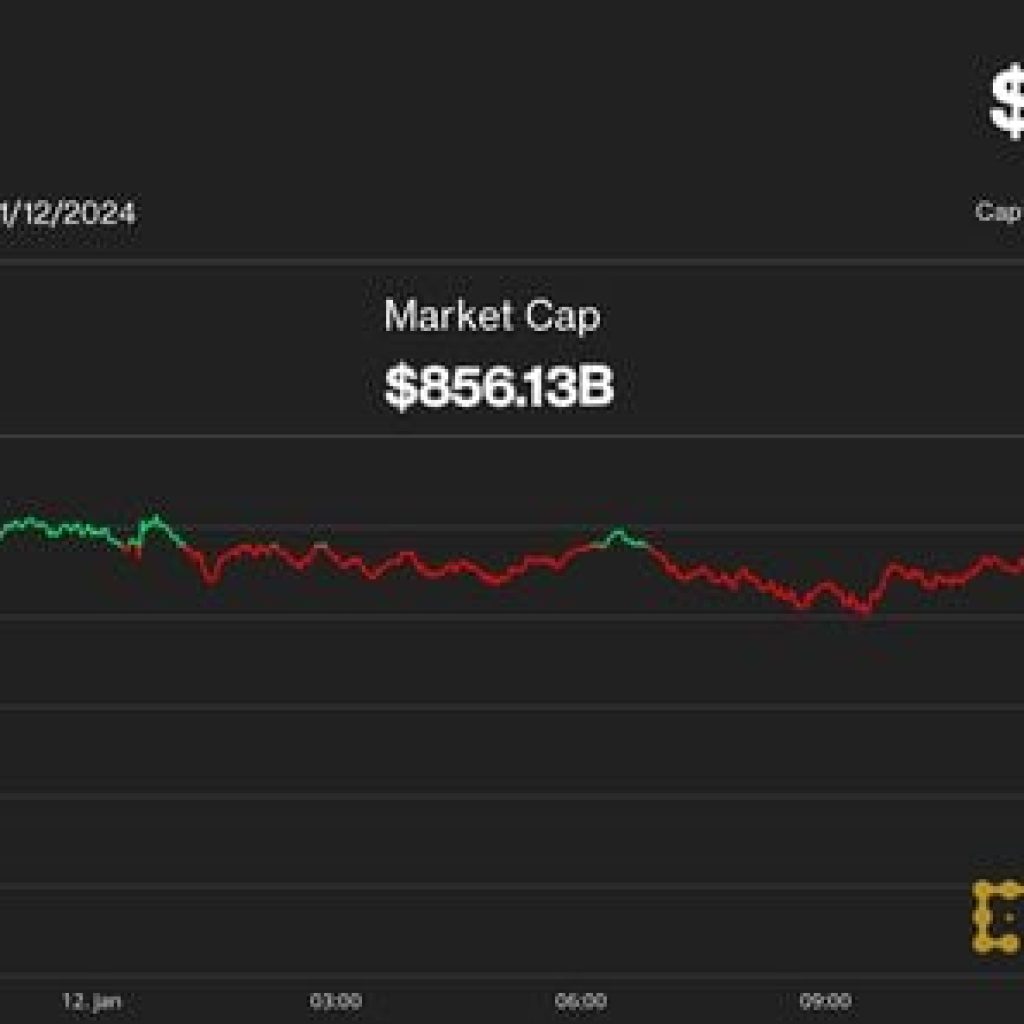BRICS members are making arrangements to extend invitations to prominent oil exporter Saudi Arabia and several other nations to join their coalition to enhance their worldwide impact. At a summit taking place this week in Johannesburg, the heads of state from Brazil, Russia, India, China, and South Africa have reached a consensus to broaden the scope of their alliance, which marks the initial expansion of the group since 2010.
BRICS’s plans to expand membership
BRICS members have said a bigger group could help counter the dominance of the Group of Seven in world affairs. China played a significant role in propelling the expansion initiative, with the support of Russia and South Africa. However, India expressed apprehensions that a larger BRICS might end up being dominated by China’s agenda, while Brazil was concerned about straining its relations with Western nations.
As for Saudi Arabia and Egypt’s stance on potential BRICS membership remains undisclosed, although Riyadh participated in the summit through a delegation. Ahead of the summit, over 20 nations from the Global South formally expressed their interest in joining the alliance. Meanwhile, if Saudi Arabia and Indonesia were to become part of an expanded BRICS, the collective economy of the coalition would represent 44% of the global economy by 2040. This share would surpass the predicted gross domestic product contribution of 21% by the Group of Seven (G7).
During the summit hosted by South African President Cyril Ramaphosa, it was declared on Thursday that the new prospective members will officially join the alliance on January 1, 2024. Other invited countries are Egypt, Ethiopia, the United Arab Emirates, and Iran. Brazilian President Luiz Inácio Lula da Silva noted that with the inclusion of the new members, the share of global gross domestic product attributed to BRICS would rise from 32% to 37% based on purchasing power parity.





